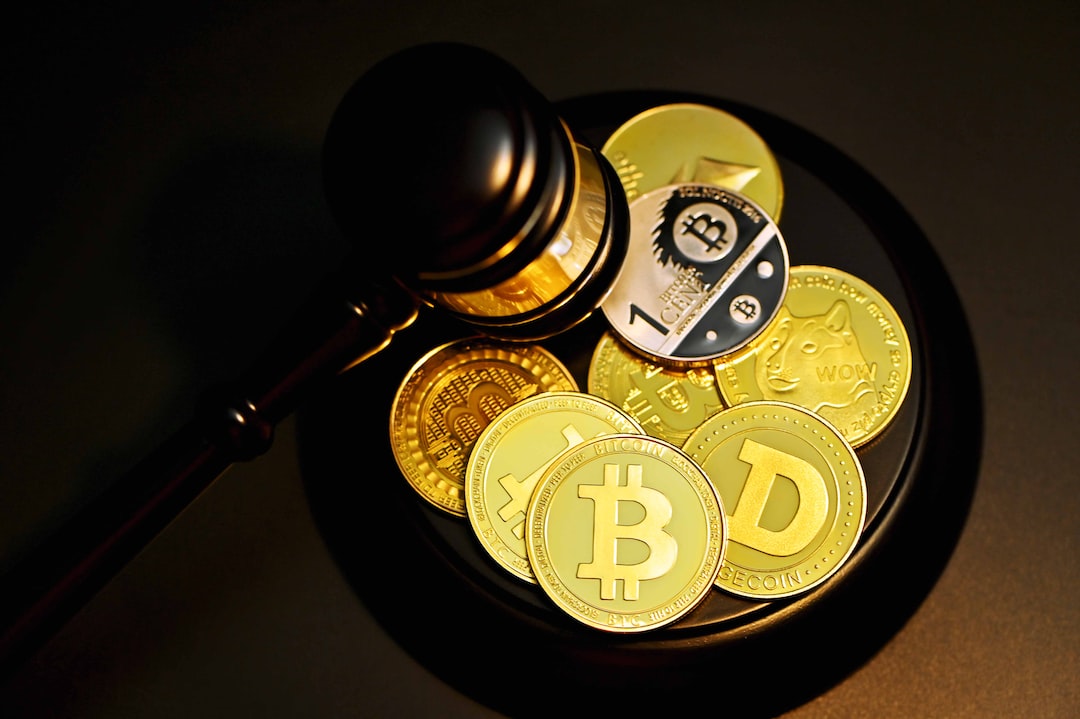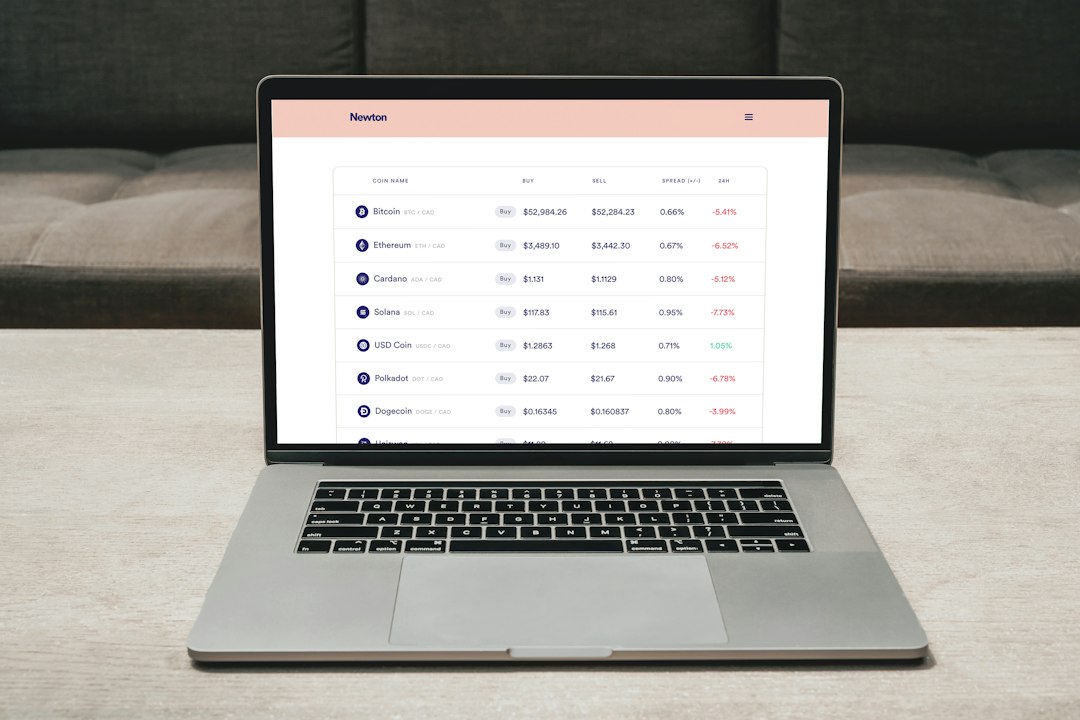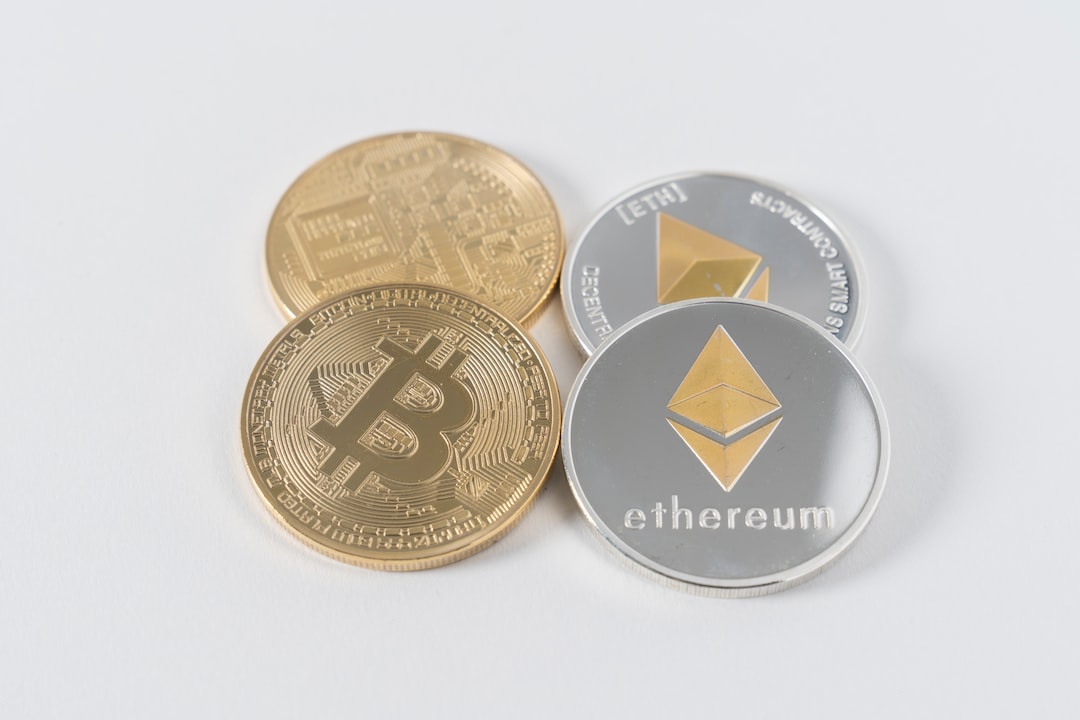A Potential Reason for the SEC’s Action Against XRP
A well-known digital asset researcher, Anders, has provided an explanation for why the SEC chose to take legal action against XRP. In December 2020, the SEC filed a lawsuit against Ripple, alleging that the company had been selling XRP as an investment without complying with regulations. This move caught many people in the cryptocurrency world off guard and left them puzzled.
Speculation Surrounding the SEC’s Decision
Since the legal action began, the cryptocurrency community, particularly XRP enthusiasts, has been speculating about the motives behind the case. Recently, Attorney John Deaton, the founder of Crypto-Law, raised several questions regarding the SEC’s decision to target XRP in a Twitter thread.
In response to Deaton’s thread, Anders highlighted some crucial points. One of the main reasons why the SEC is focusing on XRP is because of how Ripple utilizes it for international payments. Ripple’s approach to using XRP is disrupting the traditional banking system, particularly “nostro/vostro accounts,” which have been a lucrative source of income for big banks.
The Disruption Caused by Ripple
Ripple Labs, the creator of XRP, aims to make international payments more accessible by leveraging XRP. This eliminates intermediaries and facilitates faster and more cost-effective transactions. Many businesses and banks have adopted Ripple’s solutions, such as On-Demand Liquidity (ODL). For instance, Tranglo, a Malaysian payments company, saw a staggering 1,729% increase in ODL transactions from $52 million to $970 million.
Ripple’s innovative use of XRP for cross-border transactions appears to be attracting regulatory attention due to its potential impact on traditional systems.
Hot Take: Ripple’s Disruptive Influence on the Banking Sector
Ripple’s utilization of XRP for international payments has caught the SEC’s attention, as it challenges the status quo in the banking sector. By introducing a more efficient and cost-effective method, Ripple is reshaping cross-border transactions and reducing reliance on traditional banking infrastructure. This disruption threatens the revenue streams generated by big banks through nostro/vostro accounts.





 By
By
 By
By
 By
By

 By
By
 By
By